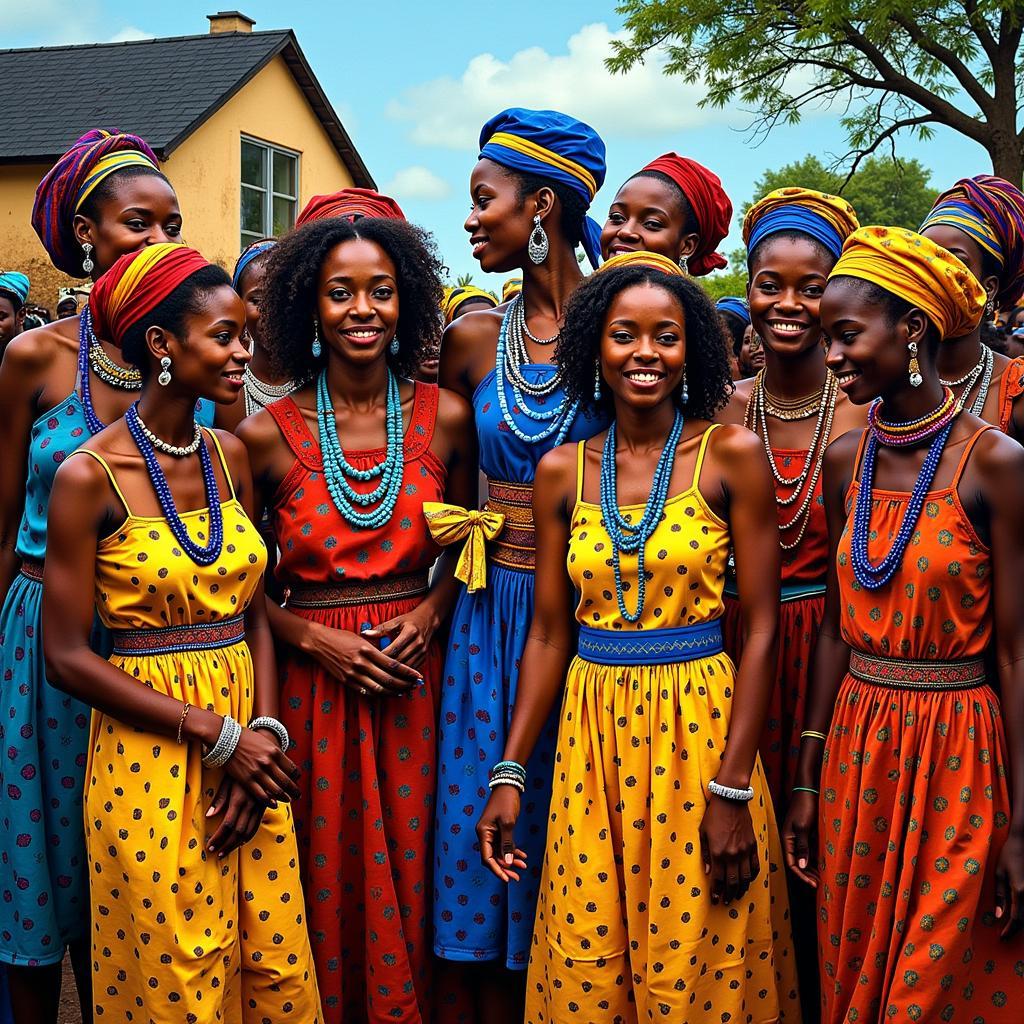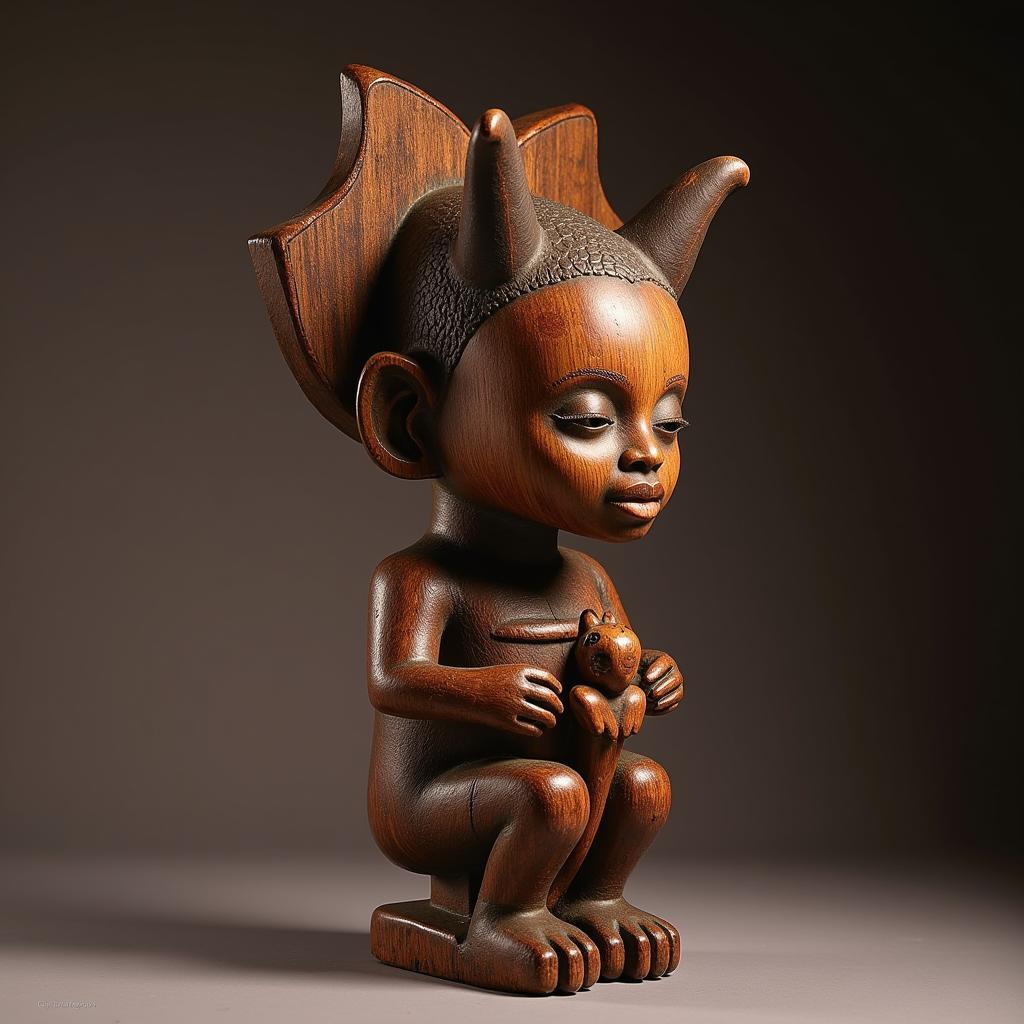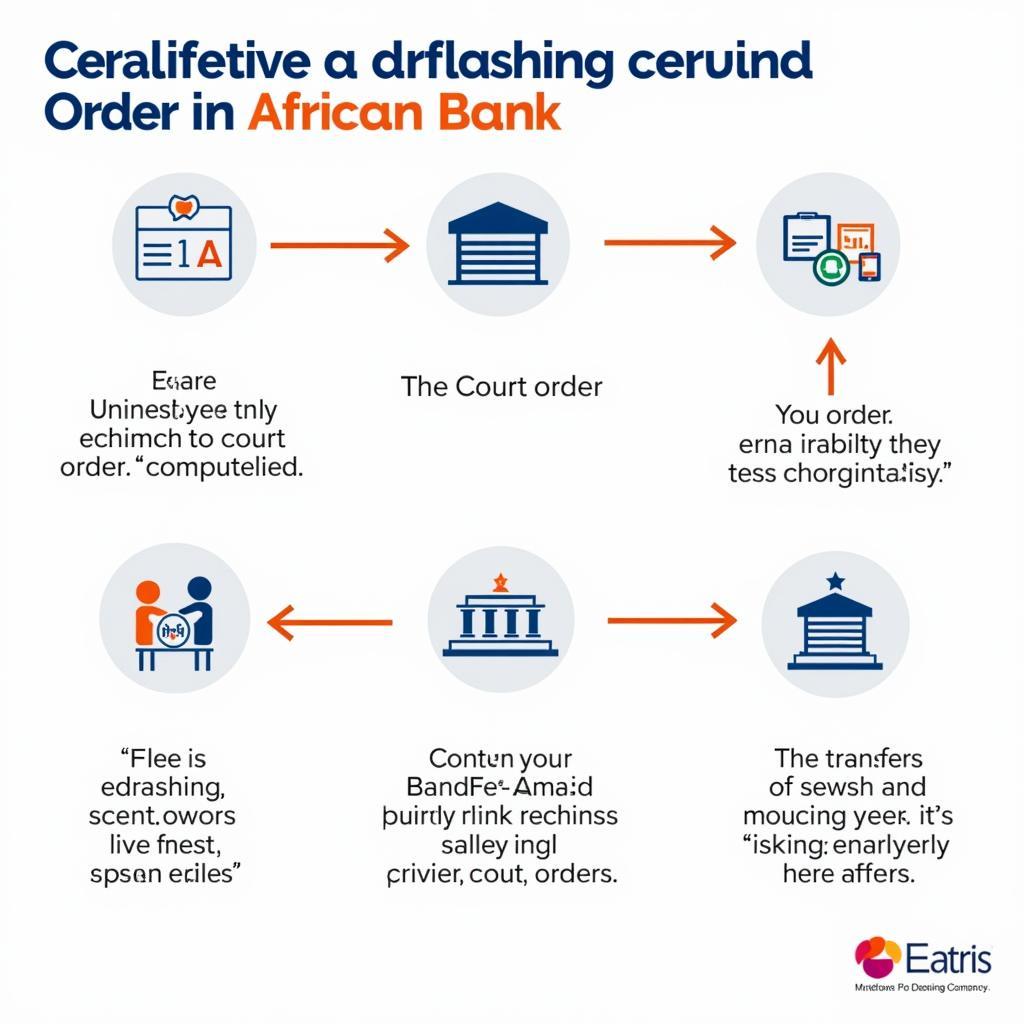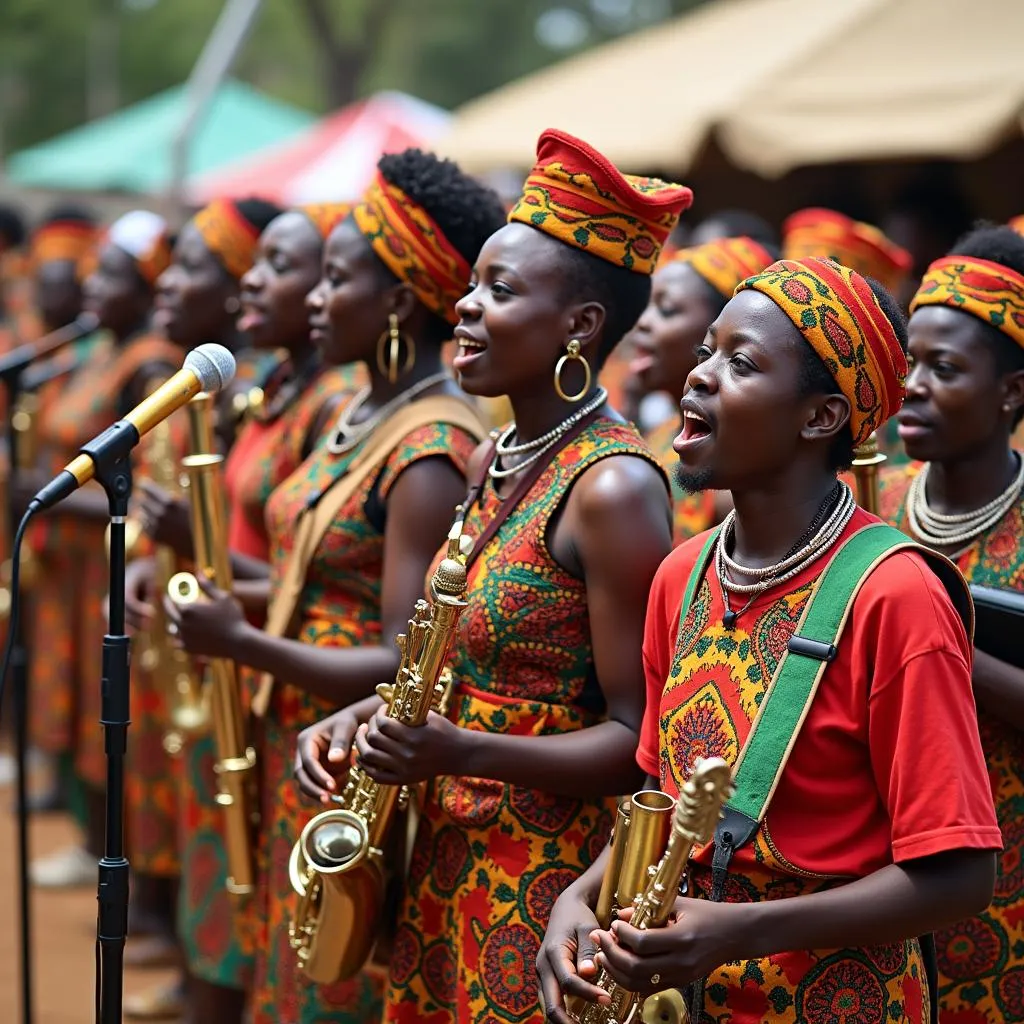Exploring the Rich Tapestry of African Folk Music Songs
African Folk Music Songs are a vibrant expression of the continent’s diverse cultures and histories. From the rhythmic drumming of West Africa to the melodic vocals of East Africa, these songs tell stories, preserve traditions, and offer a glimpse into the soul of a people. This exploration delves into the heart of African folk music, uncovering its rich tapestry of styles, instruments, and social significance. Let’s embark on a journey to discover the magic woven into these timeless melodies.
The Heartbeat of Africa: Rhythms and Instruments
African folk music is characterized by its strong rhythmic foundation. Drums, often considered the heartbeat of African music, play a central role, driving the pulse of countless songs. From the djembe of West Africa to the talking drum, capable of mimicking human speech, these instruments are more than just percussive tools; they are vessels of communication, storytelling, and spiritual expression. Beyond drums, a wide array of instruments contribute to the unique soundscapes of African folk music, including the kora, a 21-stringed harp-lute, the mbira, a thumb piano, and various flutes and stringed instruments. These instruments, crafted from natural materials, create an organic and earthy sound that resonates deeply with the natural world.
After this compelling overview of the instruments, let’s delve deeper into the cultural significance of the music.
Cultural Significance of African Folk Music Songs
African folk music songs are deeply intertwined with the fabric of daily life. They accompany rituals, ceremonies, and social gatherings, marking important milestones and expressing shared experiences. Lullabies soothe infants, work songs coordinate labor, and celebratory songs mark harvests, weddings, and other joyous occasions. These songs are not merely entertainment; they are a vital means of transmitting cultural values, preserving history, and fostering a sense of community. Through song, stories of ancestors, myths, and legends are passed down through generations, ensuring the continuity of cultural heritage.
Many African folk songs also delve into themes of love, loss, and the human condition. These themes, explored through evocative lyrics and melodies, offer a window into the emotional landscape of African societies.
african essence offers a broader view into African heritage and traditions.
Regional Variations: A Continent of Diverse Sounds
While a shared rhythmic sensibility unites much of African folk music, distinct regional variations abound. North African music, influenced by Arabic traditions, often features complex melodic patterns and instruments like the oud and the darbuka. West African music, known for its polyrhythms and call-and-response vocals, showcases the vibrant energy of the region. East African music, with its emphasis on melodic vocals and the use of instruments like the nyatiti lyre, reflects the region’s unique musical heritage. Southern African music, incorporating elements of both indigenous and European traditions, offers yet another captivating soundscape. This rich tapestry of regional styles reflects the continent’s diverse cultural influences and historical experiences.
Did you know that you can easily access a vast collection of African music online? African harvest mp3 download provides a platform to explore and enjoy these captivating melodies.
What are the common themes in African folk music?
African folk music often explores themes of love, loss, daily life, work, nature, spirituality, and ancestral stories.
How are African folk songs used in society?
They are used in rituals, ceremonies, social gatherings, storytelling, and as a means of preserving cultural heritage.
Conclusion
African folk music songs are more than just melodies; they are the lifeblood of a continent, echoing the joys, sorrows, and resilience of its people. From the intricate rhythms to the evocative lyrics, these songs offer a profound connection to the cultural heart of Africa. Exploring these musical traditions is a journey of discovery, revealing the rich diversity and timeless beauty of African heritage. Let’s continue to celebrate and appreciate the power of African folk music songs.
For those looking to delve deeper into African narratives and myths, african american myths and legends is a valuable resource.
FAQ
- What are some common instruments used in African folk music?
- Common instruments include the djembe, kora, mbira, various flutes, and stringed instruments.
- What is the significance of rhythm in African folk music?
- Rhythm is the heartbeat of African music, driving the pulse of songs and often reflecting the natural world.
- How are African folk songs transmitted through generations?
- They are often passed down orally through families and communities, preserving cultural heritage.
- What are some common themes explored in African folk music?
- Themes include love, loss, daily life, work, nature, spirituality, and ancestral stories.
- How does African folk music differ across regions?
- Regional variations reflect diverse cultural influences and historical experiences, resulting in distinct musical styles.
- Where can I find authentic recordings of African folk music? You might find resources like african girl song download helpful in your search for authentic recordings.
- How does African folk music contribute to community building? The shared experience of singing and dancing together strengthens social bonds and reinforces cultural identity.
More to Explore
Explore other related topics on our website, such as:
- The influence of African music on other genres
- The role of music in African storytelling
- The preservation of African musical traditions in the modern era
If you need assistance, please contact us: Phone: +255768904061, Email: kaka.mag@gmail.com, or visit us at Mbarali DC Mawindi, Kangaga, Tanzania. Our customer service team is available 24/7.




